Healthcare professionals are facing a growing challenge as patients increasingly turn to the internet for medical information, often relying on unverified sources that can lead to misdiagnosis and delayed treatment. According to a recent report, a significant number of patients are self-diagnosing their health problems based on information found online, which can put their well-being and lives in danger. This trend has led to a shift in the way healthcare professionals approach patient care, with many now dedicating more time to addressing the misinformation and misconceptions that patients bring to their appointments.
Dr. Emily Chen, a primary care physician at a major hospital, notes that the rise of online health information has created a new set of challenges for healthcare providers. "Patients are coming in with a wealth of information they've gathered online, but often this information is outdated, incorrect, or based on anecdotal evidence," she says. "As a result, we're seeing more patients who are misinformed about their conditions, which can lead to delayed treatment and poorer health outcomes."
The problem is not limited to patients who are simply seeking information online. Social media platforms and online forums have also become breeding grounds for misinformation and conspiracy theories, which can spread quickly and be difficult to counter. Dr. David Lee, a specialist in infectious diseases, points out that the internet has created a "perfect storm" for the spread of misinformation, with patients often relying on unverified sources and influencers who may have their own agendas.
The consequences of this trend can be severe. According to a study published in the Journal of General Internal Medicine, patients who self-diagnose their health problems online are more likely to experience delayed treatment, misdiagnosis, and poorer health outcomes. In some cases, patients have even delayed seeking medical attention for life-threatening conditions, such as cancer or heart disease.
Despite these challenges, healthcare professionals are working to develop new strategies for addressing the misinformation and misconceptions that patients bring to their appointments. Dr. Chen notes that her team is now dedicating more time to educating patients about the risks of online health information and the importance of seeking advice from qualified healthcare professionals. "We're also working to develop new tools and resources that can help patients critically evaluate the information they find online," she adds.
As the digital age continues to shape the way we access and share health information, healthcare professionals are facing a growing challenge in balancing the benefits of online resources with the risks of misinformation. By working together to develop new strategies for addressing these challenges, healthcare providers can help ensure that patients receive the accurate and effective care they need to stay healthy.
In related news, researchers are also exploring the impact of artificial intelligence on our digital footprint and how it affects our health. A recent study found that AI-powered health tracking devices can provide valuable insights into our health and wellness, but also raise concerns about data privacy and security. As the use of AI in healthcare continues to grow, experts are calling for greater transparency and accountability in the development and deployment of these technologies.
Healthcare professionals and researchers are working together to develop new strategies for addressing the misinformation and misconceptions that patients bring to their appointments. By prioritizing evidence-based care and critical thinking, healthcare providers can help ensure that patients receive the accurate and effective care they need to stay healthy.
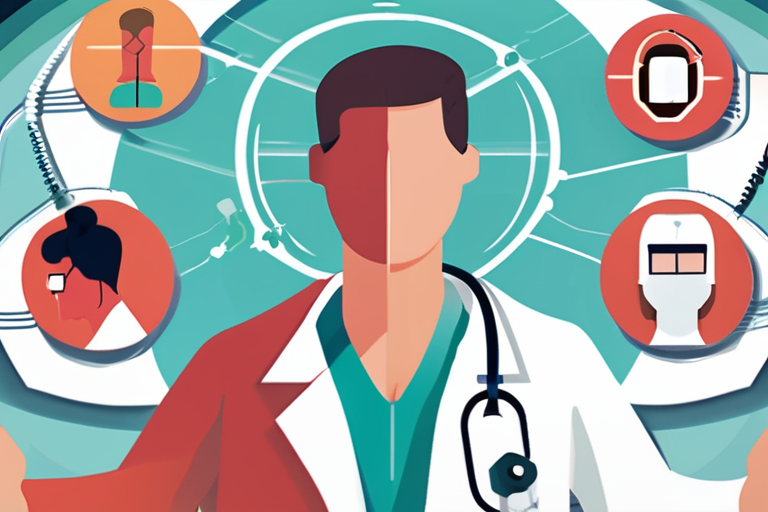


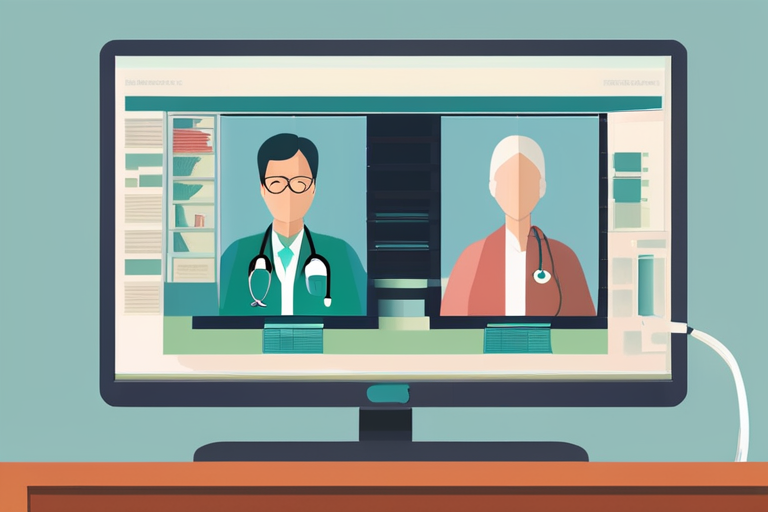


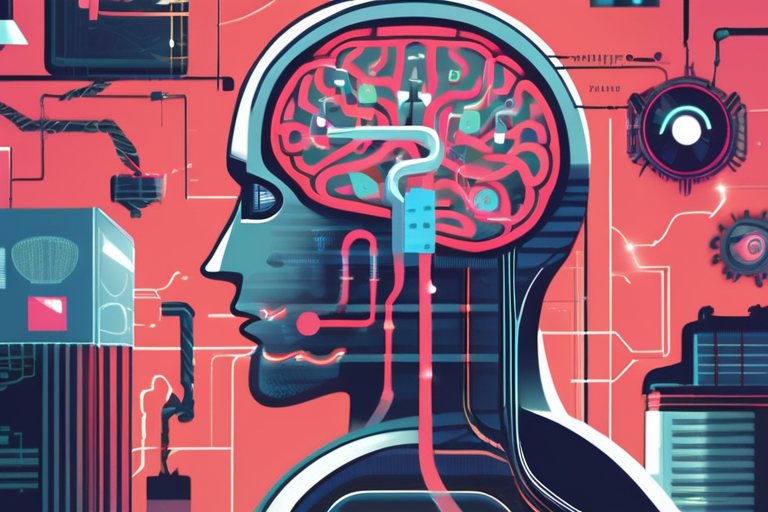

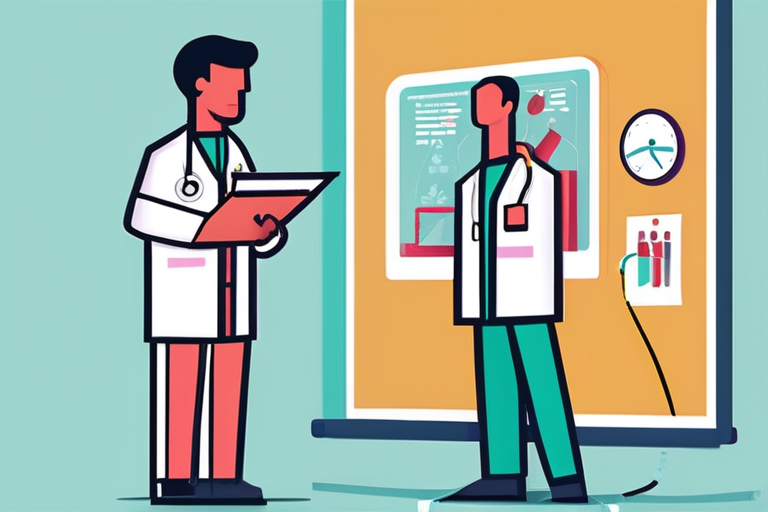
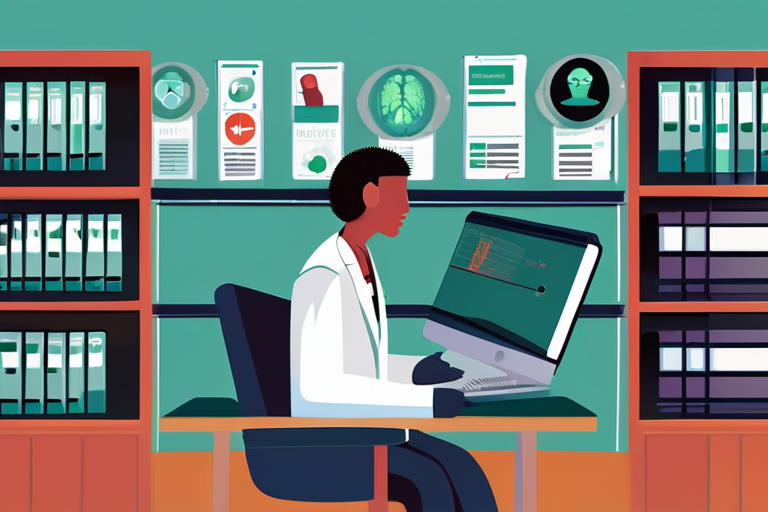
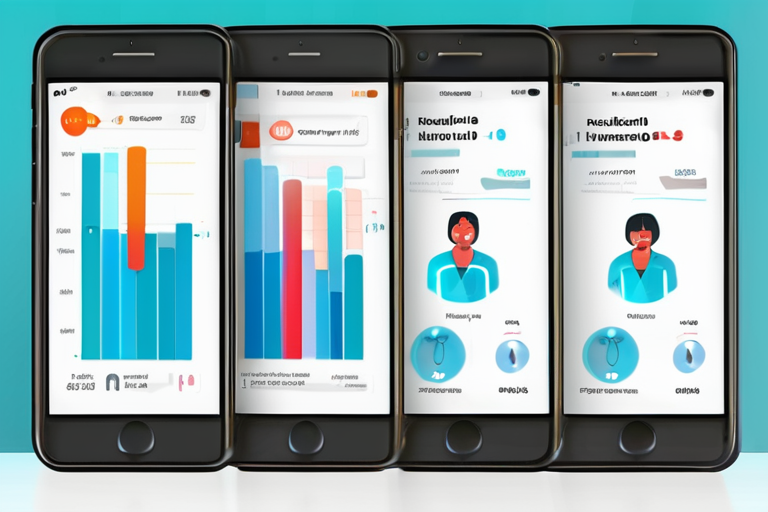

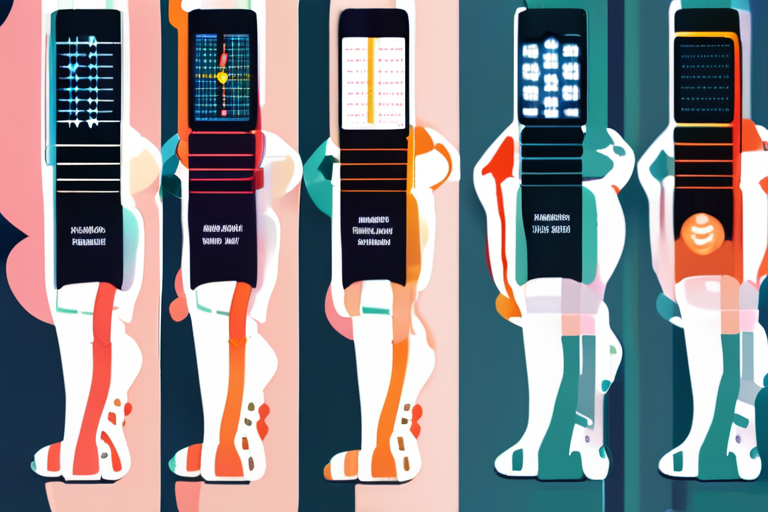
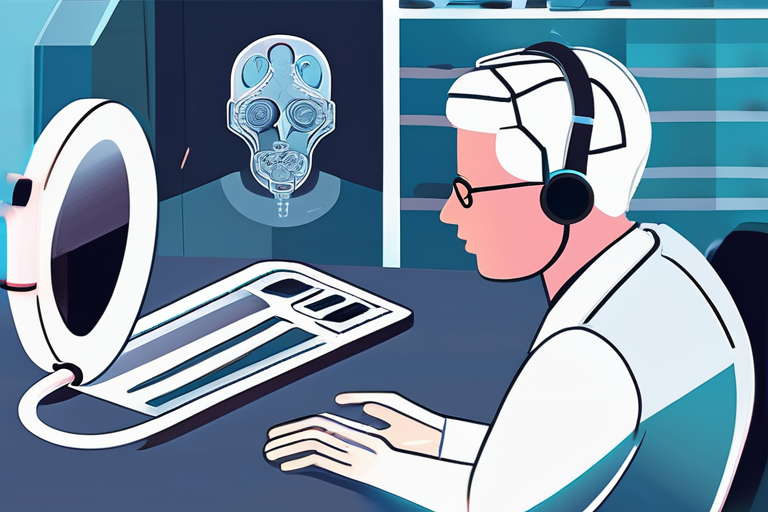

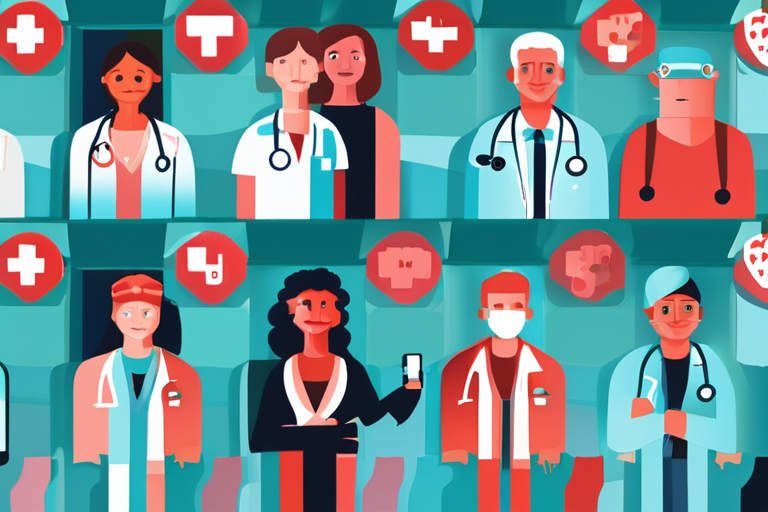
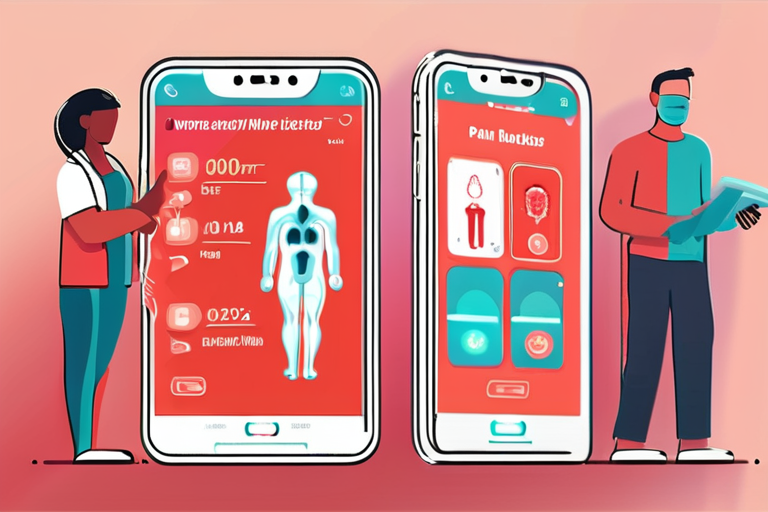
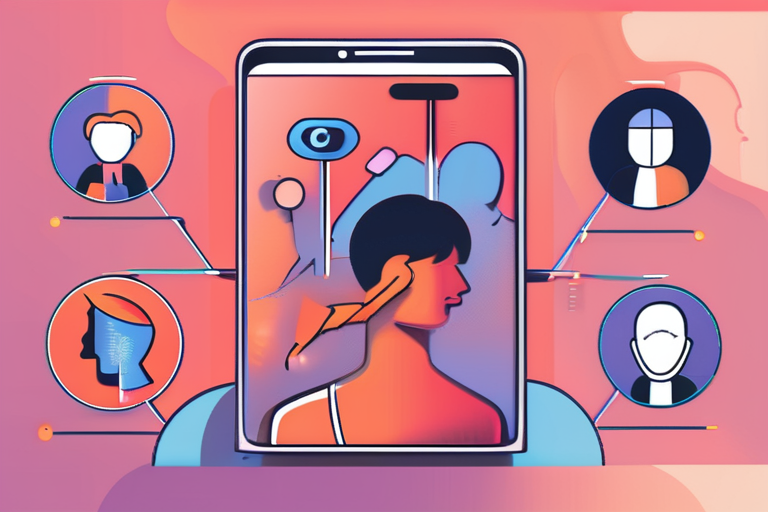
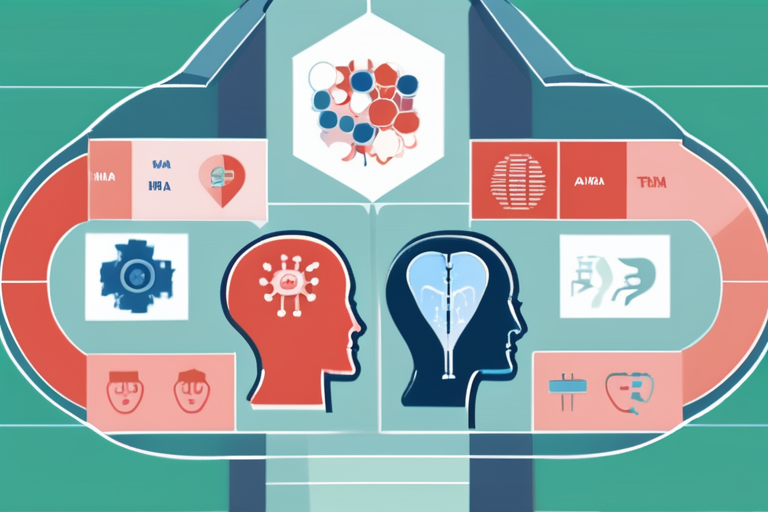


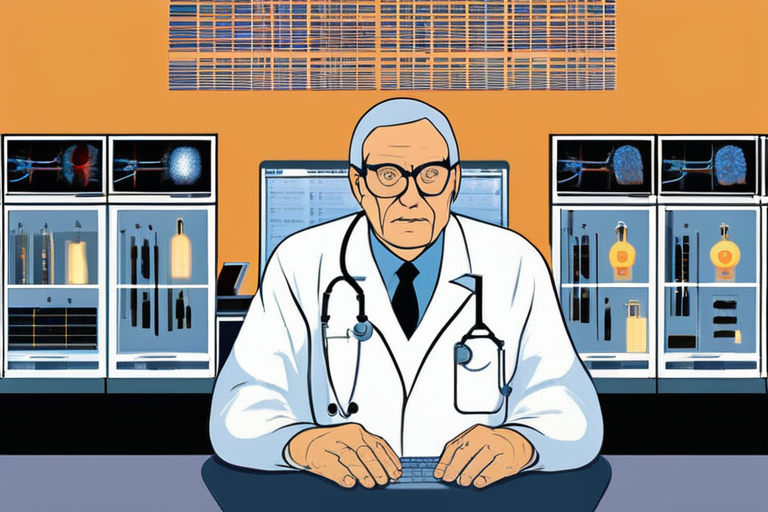
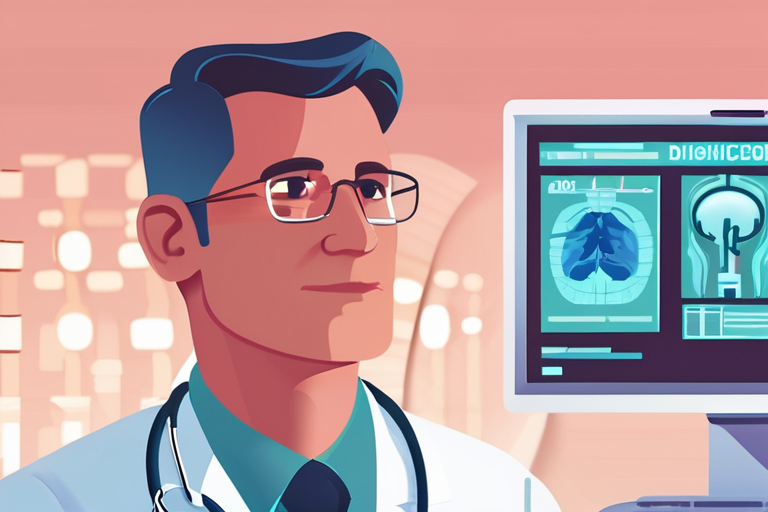

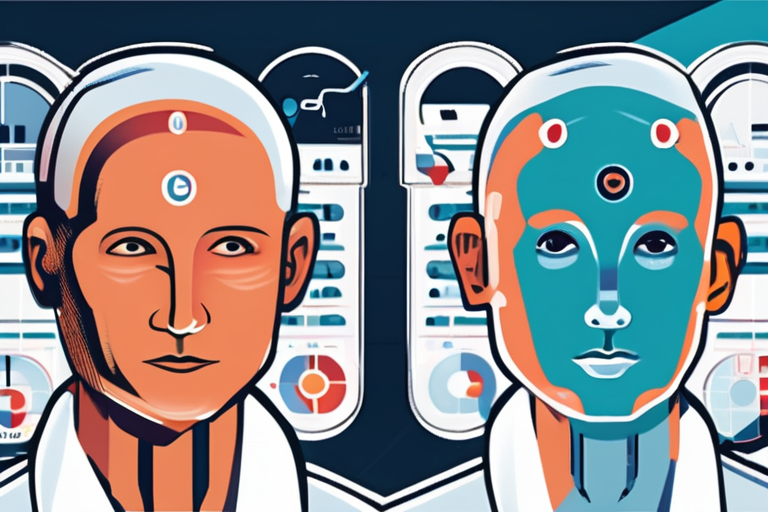
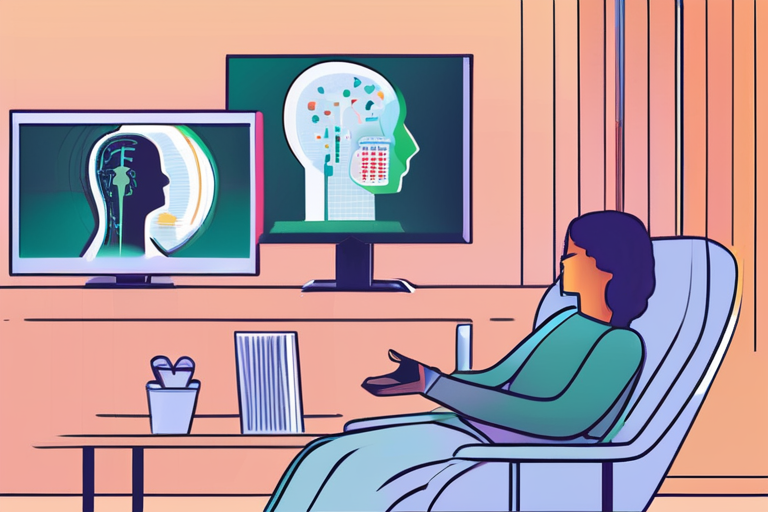
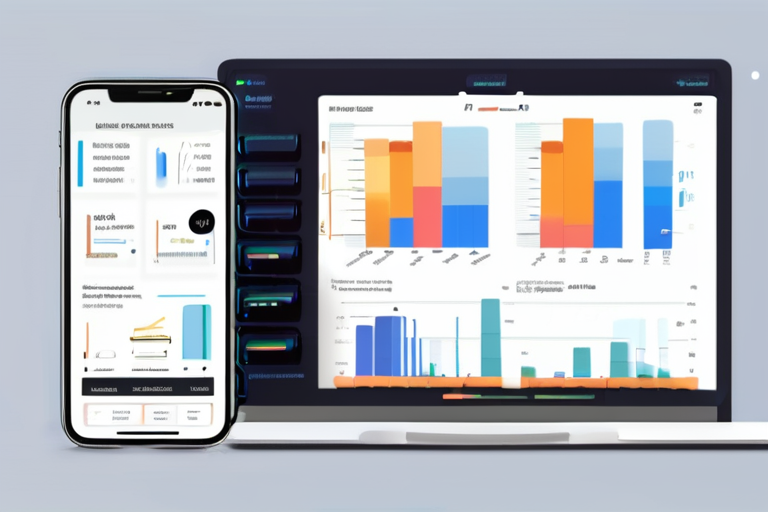
Share & Engage Share
Share this article